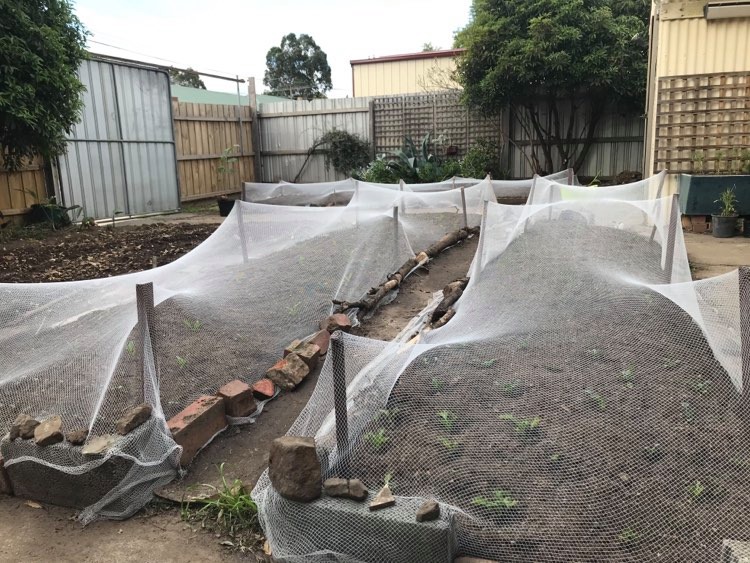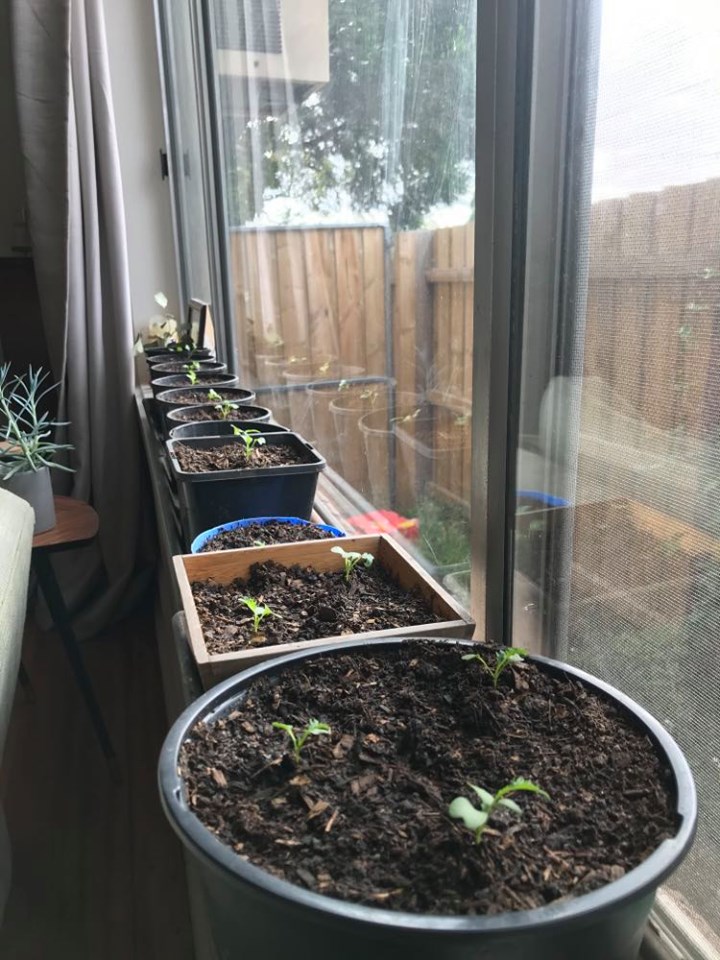- Daniel Todd

- Apr 23, 2020
- 5 min read
Like so many artists out there, losing all my work, then finding out that I wasn’t eligible for any of the COVID-related government financial assistance was a real kick in the guts. A lot of artists have been left behind and our industry has been drastically undervalued by the powers-that-currently-be. It is a pretty awful feeling to see arts workers valued so little, while the work they have created is more important than ever (i.e. keeping people sane in isolation) and is even being given away for free online. What a f*ck-around, eh?
In any case, there has been a tension in my thoughts during this ceaseless procession of days. The tension is between my creeping self-pity and the knowledge that the situation is much worse for many others. I have been feeling pretty down lately, but then comes a twist of guilt when I remember that my struggles pale in comparison with this current war that pits brave health-care workers in a life-or-death struggle against nanoscopic little bastards. I have been experiencing a strong reflex to berate myself for my own self-pity. As such, a sheen of mild background guilt and distress began to develop in response to my own sadness. For a while I tried to wallpaper over this by being very productive, but soon I ended up feeling morose, stressed and “stuck”.

I sought help dealing with this knot of emotions from a book I read last year called Radical Acceptance by Zen Buddhist teacher and psychologist Tara Brach. She points out that it is exhausting to try to stop yourself feeling something, and even more painful to judge yourself for feeling it in the first place. After all, we are not our feelings. Brach encourages the acceptance of the truth of your feelings, no matter how uncomfortable or abhorrent they may seem to our conscious minds. By acknowledging these feelings, we can then take a step back and observe them within us. This act of observation can be incredibly freeing. We are no longer caught in that emotion, but have become an observer, seeing the emotion within us and noticing the physical sensations it causes in our bodies. So I took a step back and looked at my feelings of anxiety with curiosity, and I noticed the way it clutched gently at my chest and my guts. Even through that simple act of noticing, my tension eased a little and my jaw and shoulders noticeably relaxed. I was able to calmly observe this negative feeling from 'without', rather than flounder 'within' it. This was also the first time I was able to see what that feeling was and where it came from: sadness, anger and disappointment at my current lot. To be able to name it was a welcome contrast to the nameless anxiety I had felt before.
The next step Brach describes is compassion. To care for yourself as you would a child or a close friend, and to reassure yourself that “I care about this pain.” She asks you to allow yourself to feel sympathy for yourself in a non-judgemental way. There’s nothing to be gained in chastising yourself for feelings that are real. And even though they are real, they may also be transient, like a fart on the breeze. So, by the same token, it can be really helpful to not take them too seriously. Accepting my feelings with compassion was soothing and calming. It felt like that sadness, anger and disappointment had “been heard” and, therefore could release me to move on. Since going through this, I have been feeling freer, calmer and more creative.
* * *
Since my performing work evaporated, I have been focussing on freelance editing and proof-reading. I had been doing this in an informal way for a number of years - mainly for friends and family. But after working with performance psychologist Cailin Howarth at the end of 2019, I felt confident enough to pursue this professionally. Apart from a staple of artists’ biographies and programme notes, I recently had the opportunity to proofread Singing in Mandarin by Katherine Chu and Juliet Petrus.
This will be the first definitive overview of Chinese lyric diction and vocal literature. It is an excellent foray into a genre and history that is rarely performed in the West. China has a rich and ancient poetic and musical history, and a burgeoning passion for Western classical music. Throughout the 20th and 21st centuries, China, Taiwan and Hong Kong have become fertile ground for opera and art song. The book’s IPA-based technical instructions for pronouncing Mandarin is detailed and comprehensive, especially considering that lyric Chinese diction has its own conventions that must be considered. Singing in Mandarin: A Guide to Chinese Lyric Diction will be published by Rowman & Littlefield in July 2020, and is now available for pre-order.
I have also recently been engaged as a consulting proof-reader and editor for the United Nations Human Settlements Programme (UN-Habitat). I thoroughly enjoyed jumping in the deep end, working to a tight schedule on a guidance document for responding to influxes of refugees and internally displaced populations into urban areas. It reminded me of living in Hamburg during the Syrian refugee crisis in 2015-16. The city’s convention centre was converted into a refugee camp and the community rallied around to support them, playing with the kids, giving free German-language lessons and helping families negotiate German bureaucracy. I felt so proud to be living in a country whose government showed so much compassion, moral fibre and leadership. It was certainly a stark contrast to growing up in Australia in the early 2000s (and, come to think of it, up to the present day).
In any case, if you need any editing, proofreading or ghost-writing done – for example, a new artist bio, website content, grant applications etc – feel free to contact me and we can set something up!
* * *
On the theme of refugees, I have been exploring the music of Taiwanese composer Chien Nanchang (錢南章) and his extraordinary setting of Mailing a Pair of Shoes (Jì Xié – 寄鞋) by the poet Lo Fu (洛夫). This heart-rending poem tells the story of a young couple who were separated by war for 40 years. The poem can be found in Chinese and English here and a performance of Chien Nanchang’s setting is on YouTube here. I hope to find a place to perform this some day!
* * *
Otherwise, Rose, the housemates and I have been busy emulating The Good Life in the garden at our place in Brunswick West. The basil we raised over the summer is thriving in a converted trough and is proving delicious. We converted the back lawn into several large garden beds by sheet mulching and introducing 5 Way soil from C Fulton Pty Ltd which I can heartily recommend. The challenge will now be to keep our autumn crop of broccoli, cauliflower, kale, radish, carrots, broad beans, tat soy and spinach from the pests! In lieu of a greenhouse, we are raising a few kale and broccoli seedlings indoors till they get big and strong enough to endure the outside world!
Stay safe all!













Comments